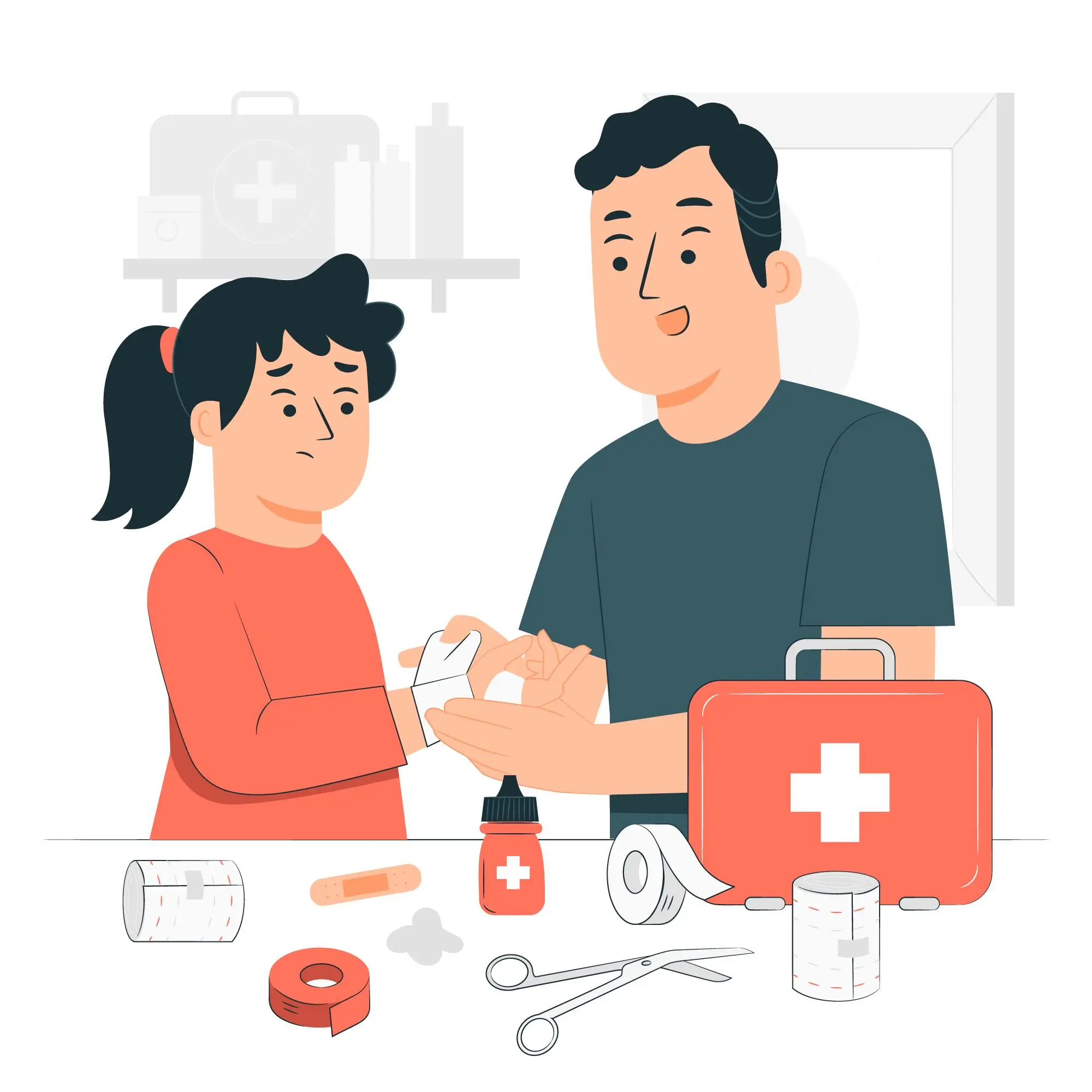After an injury, you have legal rights to seek compensation for damages. This includes medical expenses, lost income, and emotional distress caused by the accident. If negligence caused your injury, you can hold the at-fault party financially responsible. Compensation may cover ongoing treatments, rehabilitation, or adaptive equipment for long-term disabilities. Pain and suffering payouts account for physical discomfort and reduced quality of life.
Suffering an injury disrupts life, but understanding your rights empowers recovery and justice. Immediate medical care documents harm, while legal counsel navigates complex insurance negotiations. Compensation covers bills, lost income, and trauma caused by others’ negligence. Lawyers gather evidence, counter lowball offers, and protect against missed deadlines.
A lawyer can clarify state-specific laws, such as time limits (statutes of limitations) for filing claims. They’ll gather evidence like police reports, witness statements, and accident scene photos. Insurance companies often minimize payouts, so legal guidance ensures fair negotiation. Documentation of all losses strengthens your case. Never admit fault or sign settlements without consulting an attorney first.
Get Medical Attention First

Seek medical care immediately, even if personal injury seems minor like in case of Mesothelioma lawyers. Delayed symptoms like whiplash or concussions may surface hours or days later. Doctors use X-rays, MRIs, or CT scans to diagnose hidden damage. Detailed records link injuries directly to the accident, preventing insurers from disputing claims. Follow all treatment plans to avoid accusations of “failure to mitigate” losses. Keep copies of bills, prescriptions, and therapy session notes.
Track missed workdays and reduced earning capacity for wage reimbursement. Journal daily pain levels and how injuries limit hobbies or family time. This personal account reinforces non-economic damages like emotional trauma. Prioritize health while building a paper trail—it’s critical for maximizing compensation. Delays in care can jeopardize both recovery and legal outcomes. This is important because, in a legal case, having medical records can show how serious the injury is and how it affects your life.
Contact a Lawyer
After an injury, consult a lawyer to protect your legal rights. An attorney evaluates fault, negotiates with insurers, and handles complex paperwork. They identify liable parties, from negligent drivers to property owners. Lawyers calculate fair compensation, including future medical costs and lost promotions. In cities like San Diego, firms specialize in car accidents or workplace injuries.
Contingency fee structures mean no upfront costs—you pay only if you win. Attorneys subpoena security footage, interview witnesses, and hire accident reconstruction experts. They counter bad-faith tactics, like insurers blaming pre-existing conditions. Legal guidance prevents missteps, such as missing filing deadlines or undervaluing claims. Most offer free consultations to discuss strategies without financial pressure. If you live in a city like San Diego, many experienced lawyers can help you navigate your case.
Document Everything
Keep detailed records: medical bills, prescriptions, and therapy invoices. Photograph injuries, vehicle damage, and hazardous conditions (e.g., wet floors). Save texts, emails, or voicemails from insurers or employers. Document lost wages with pay stubs and employer letters. Journal daily pain levels, mobility limits, and emotional struggles. Note missed family events or hobbies due to recovery.
Obtain police reports, witness contact details, and CCTV footage. Track mileage for medical appointments and repair estimates. Organize files chronologically for easy reference during negotiations. Digital backups (cloud storage) prevent loss of critical evidence. Consistent documentation disproves claims of exaggeration or fraud.
Don’t Accept the First Offer

Insurers often lowball initial settlements to minimize payouts. Early offers rarely cover long-term costs like surgeries or home modifications. Lawyers analyze whether proposals include non-economic damages (e.g., PTSD or Emotional distress ). They calculate future earnings lost due to disability or reduced work capacity. Attorneys counter with demand letters citing medical evidence and precedent cases.
Negotiations may involve multiple rounds to secure fair compensation. Accepting offers prematurely waives rights to sue for additional costs later. Hidden injuries, like traumatic brain injuries, may surface months post-accident. Legal reviews ensure settlements address all current and projected losses.
Stay Patient Throughout the Process
Personal injury cases take months due to evidence gathering and court delays. Lawyers spend weeks obtaining medical records and expert testimonies. Insurance adjusters drag out negotiations, hoping claimants accept lower offers. Trials, if needed, extend timelines but often yield higher compensation.
Avoid rushing settlements before reaching maximum medical improvement (MMI). MMI determines if injuries are permanent, affecting payout calculations. Regular updates from your attorney ease anxiety during waiting periods. Trust their expertise—strategic patience strengthens leverage in talks. Quick resolutions often favor insurers via Insurance lawyers, not victims.
Feeling Overwhelmed
Prioritize mental health: seek therapy or support groups for trauma. Legal teams handle paperwork, letting you focus on physical recovery. Ask lawyers to explain terms like “contributory negligence” or “liability caps.” Lean on family for help with chores or childcare during treatment.
Many firms connect clients with medical providers offering deferred billing. Mindfulness apps or meditation can reduce stress-related setbacks. Temporary disability benefits may cover bills while your case progresses. You’re not alone—1.5 million personal injury claims are filed annually.
Navigating Legal Challenges
Understand state laws: California’s two-year statute of limitations for injury claims. Comparative negligence rules reduce payouts if you’re partially at fault. Lawyers challenge defenses like “assumption of risk” in sports injuries. They subpoena phone records to disprove distracted driving accusations.
For slip-and-fall cases, property maintenance logs prove neglect. In medical malpractice, experts testify about protocol breaches. Stay organized with folders for legal, medical, and financial documents. Avoid social media posts—insurers mine profiles to dispute injury severity. With skilled representation, 95% of cases settle pre-trial, minimizing stress and do not ignore your well-being.

